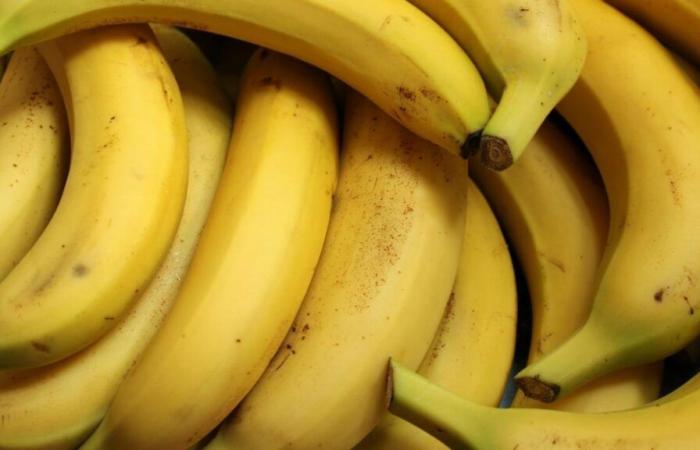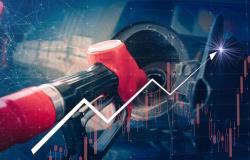At a time of commercial negotiations to fix banana prices in 2024 in European supermarkets, Latin American producers denounce the double talk of certain distributors who refuse to pay more despite their stated support for sustainable production. An illustration of the challenges that the entire sector must respond to and which concern bananas from Ecuador, Martinique and Ivory Coast.
In several European countries, it is this Friday, November 22, that the banana prices which will be in force in 2025 in supermarkets are being discussed. A particularly difficult annual standoff, because we are talking about the fruit which serves as a loss leader in mass distribution, the one which brings in consumers. Touching your label is almost taboo.
On the other hand, we are always asking more of the banana so that it reduces its carbon footprint and uses fewer synthetic inputs. Environmental and societal expectations have multiplied over the last fifteen years. “ Requirements that are no longer really optional today”notes an expert in the sector, but which are less and less compatible with the prices offered to the producer. This is precisely what the Latin American countries which represent around 60% of the market – Colombia, Costa Rica, Ecuador, Guatemala, Peru and the Dominican Republic – are denouncing this week.
Also readThe African banana between Latin American competition and salary demands
A shared responsibility
In a common textproducers of the so-called dollar banana point the finger at retailers who impose obligations on suppliers without wanting to take their share of responsibility. The big talk about sustainability is really just “ empty statements”, they write. In their sights in particular the German distributor Edeka who has clearly expressed its intention to negotiate prices downwards.
In the opinion of industry experts, the debate is no longer whether action should be collective, it has become a necessity. In a press statement this Thursday, November 21, the Interprofessional Banana Association (AIB) — which represents, in France, all links in the sector, from the producer to the distributor including the wholesaler and the ripener — confirms the need for shared responsibility : to the expectations in terms of sustainability are added increasingly significant agricultural and logistical risks, notes the AIB, risks which lead to additional costs.
A framework that hardens
For example, the weather affects banana production, in Africa and Latin America, but also the water level in the Panama Canal used to ship bananas from Ecuador, Europe's leading supplier. Tensions over the Suez Canal are weighing on the global availability of containers, while the war in Ukraine has pushed up input prices, not all of which have returned to pre-war prices.
These constraints are starting to “hurt » in the sector and are less and less bearable for the producers of the 20 million bananas exported each year in the world – on a global production of 80 million.
Also readThe French banana in difficulty
France






